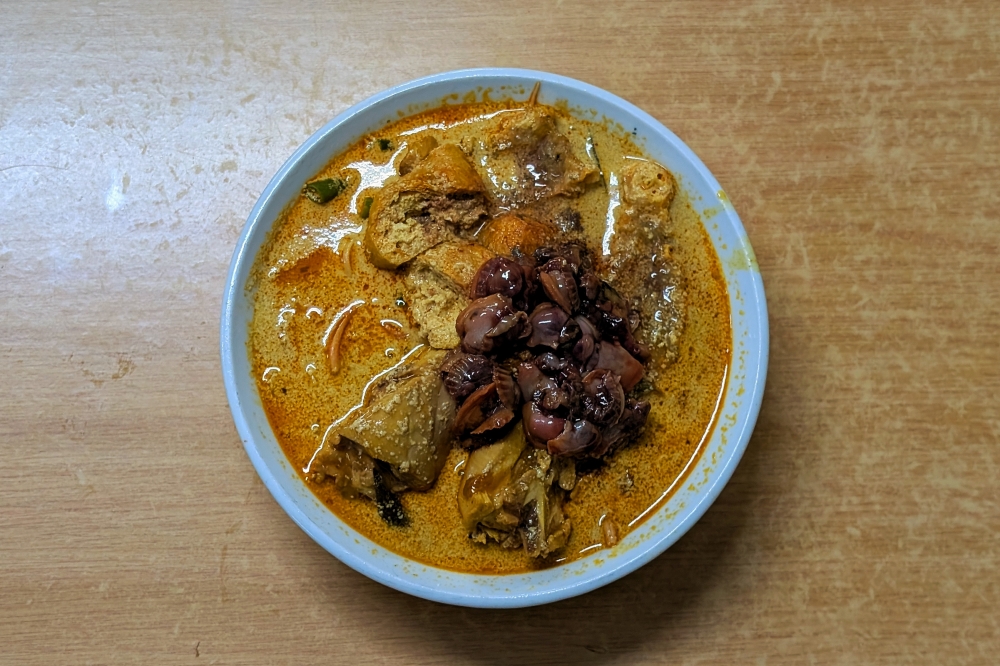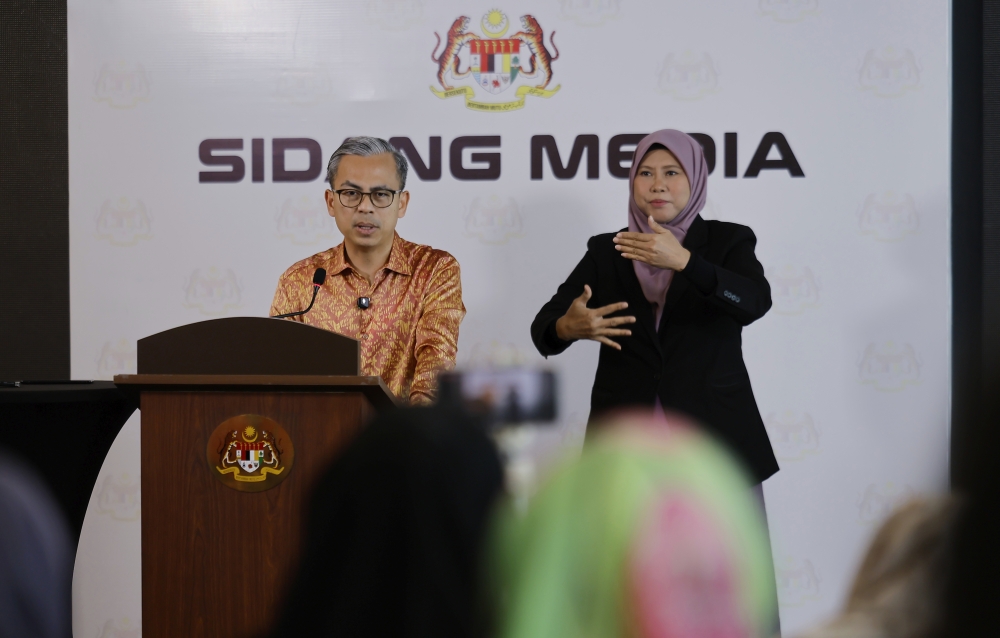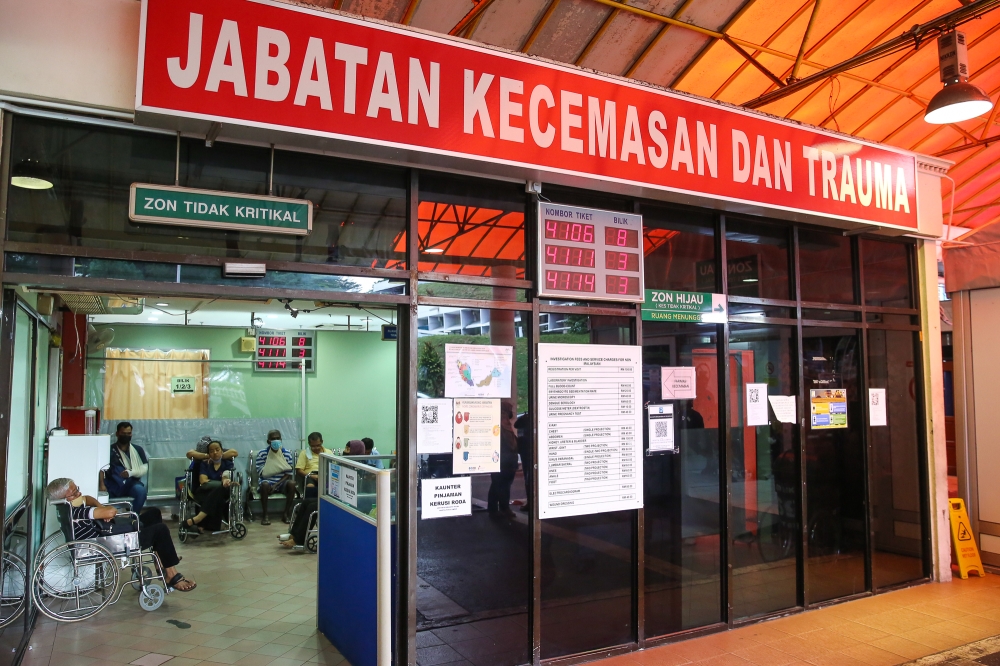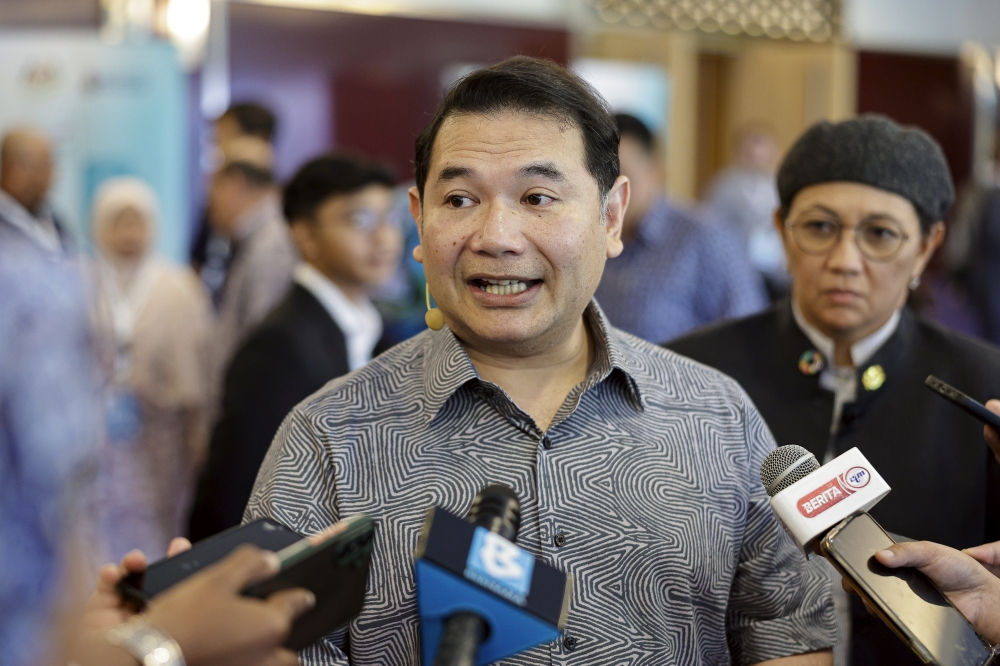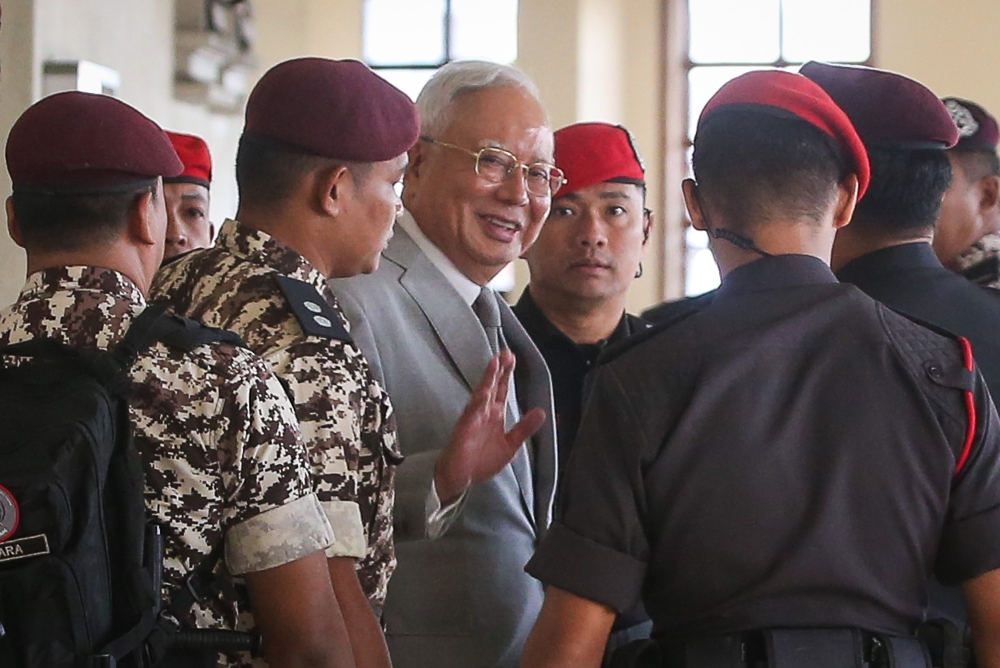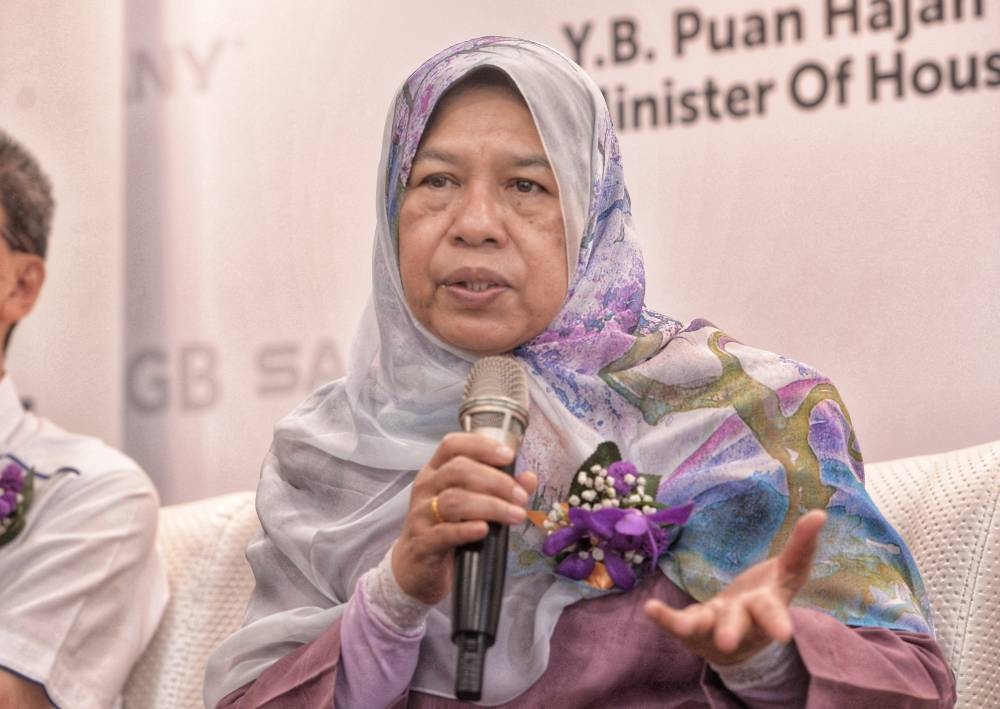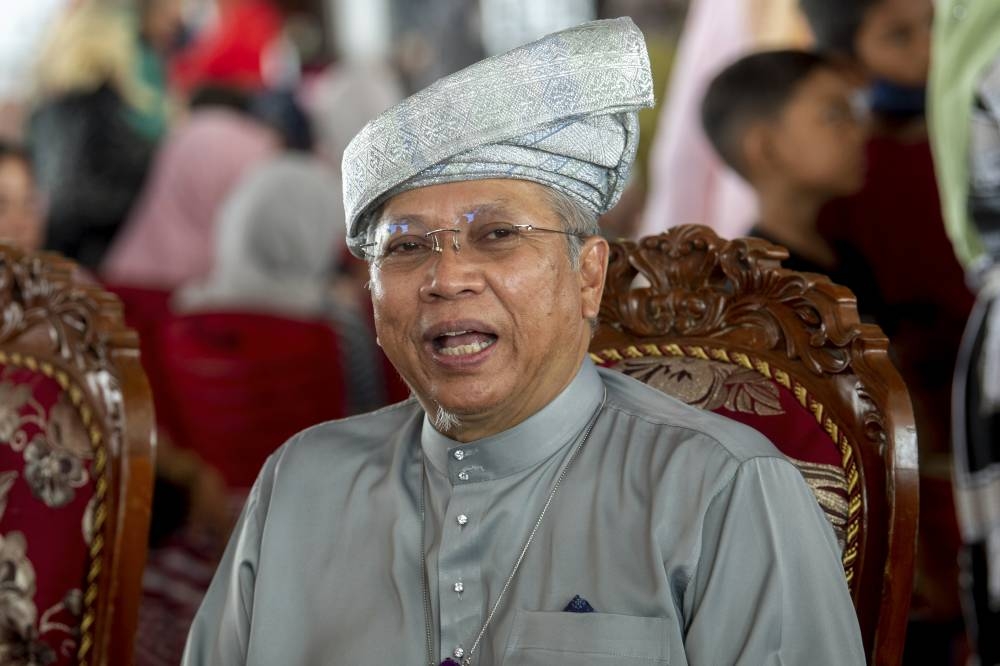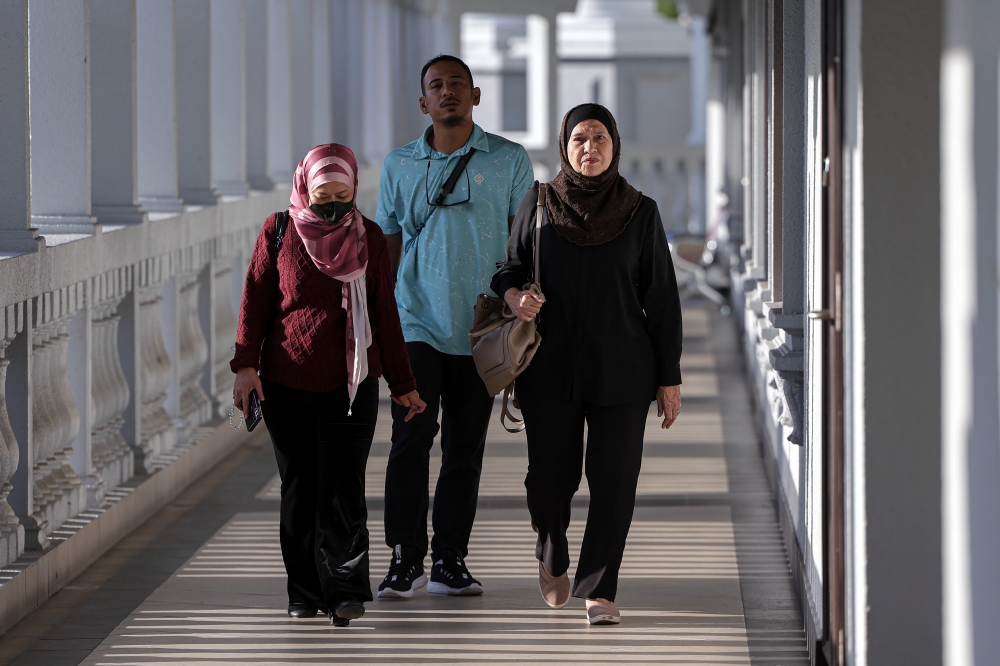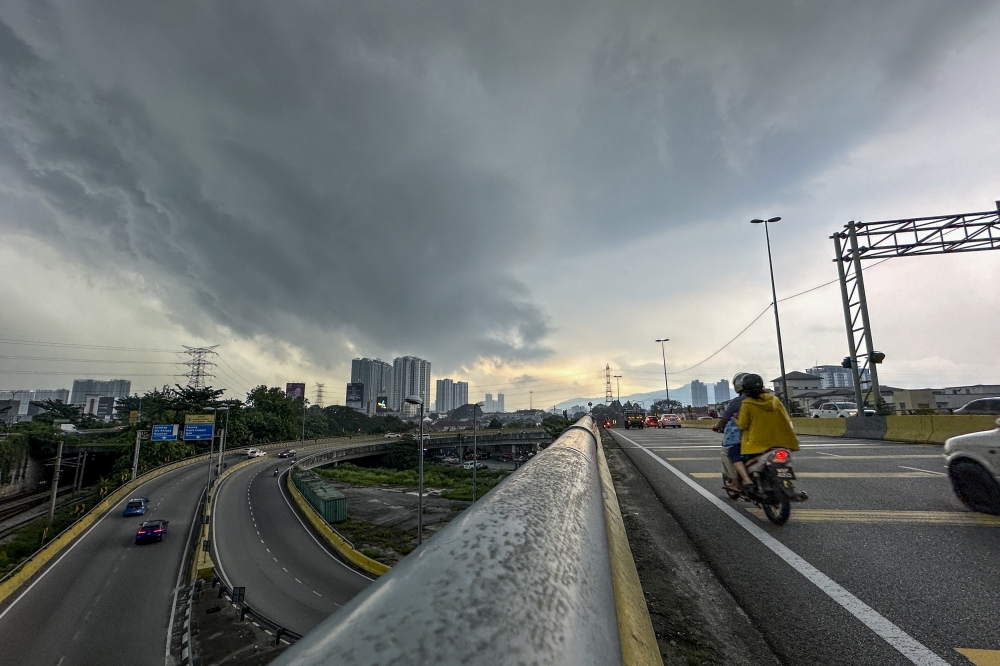KUALA LUMPUR, May 29 — For over a century, the plantation industry has remained a crucial component of Malaysia’s economy with a sustained dominance in the global market for palm oil production and exports after Indonesia.
Besides that, it is the rice bowl of about half a million local smallholders of which most are from the B40 category - further cementing the need to have continuity and stability for the sector to grow, expand and battle out the constant discrimination it faces.
For 2022, palm oil export revenue is expected to grow by 11.8 per cent to RM72.25 billion from RM64.62 billion recorded in 2021, while crude palm oil (CPO) prices are projected to average at RM4,250 per tonne with 19 million tonnes of production, a data given by the Ministry of Plantation Industries and Commodities (MPIC).
Zuraida to exit from ministry?
The sudden decision by Datuk Zuraida Kamaruddin to resign as the Minister of Plantation Industries and Commodities after about nine months of administrating the ministry has created somewhat mixed reactions from industrial players.
She said she will be meeting Prime Minister Datuk Seri Ismail Sabri Yaakob to discuss about her intention as she will be leaving Bersatu to join Parti Bangsa Malaysia.
In replying to her decision, Ismail Sabri said Zuraida is still the plantation minister and she would still carry out her duties as usual until he made a decision on the matter.
He also said Zuraida can still attend the Cabinet meeting and her position would be decided after they met later.
“I did not sack her, she is still a Cabinet minister,” he told Malaysian journalists in Tokyo on Saturday at the end of his official working visit to Japan.
Zuraida’s achievements
Meanwhile, Zuraida’s announcement came at a time when the industry is facing acute labour shortage.
The Malaysian Productivity Corporation (MPC) had recently revealed that the shortage of harvesters among foreign workers saw the oil palm plantation sector incurring losses of RM21 billion in 2021, and it is expected to continue suffering losses of RM28 billion in 2022 if foreign workers are not brought in immediately.
Palm Oil Analytics’ owner and co-founder Sathia Varqa tweeted in his Twitter account that should Zuraida resign, it would pave the way for a fourth minister in three years to helm the industry.
“Major setback to domestic policies — foreign workers, biodiesel, sustainability, 3MCPD,” he said.
Previously Zuraida together with Human Resources Minister Datuk Seri M. Saravanan have worked towards bringing more foreign labour into the country to help improve palm oil production.
She aimed to bring in 32,000 migrant workers for oil palm plantations and projected Malaysia’s palm oil production and exports to rise by 30 per cent by end-2022 as Malaysia reopened its international borders and transitioning to the endemic phase since April 1.
The authorities approved the recruitment of the 32,000 migrant workers for oil palm plantations which culminated in the entry of the foreign workforce into the plantation sector in mid-February this year. Malaysia is anticipating a new batch of foreign workers to arrive between this month and next month.
It is worth noting the labour shortage issue was one of Zuraida’s main priorities that she had pledged to focus when she took over her portfolio, besides intending to adopt a circular economy and focusing on reproducing and recycling commodities’ waste into something more marketable.
Labour shortage was the biggest hurdle faced by the palm oil industry especially during the Covid-19 pandemic, with losses for the country running into billions of ringgit. However the global economic reopening has resulted in pent-up demand for the versatile oil.
Meanwhile, her tenure also saw the establishment of a working committee between Malaysia and the US to address the issue of alleged forced labour in oil palm and rubber plantations.
Zuraida began her portfolio as the plantation minister on Sept 1, 2021, taking over from Datuk Dr Mohd Khairuddin Aman Razali.
Zuraida is currently in Turkey to attend the Seventh Pioneers Conference for the Global Women’s Coalition for Al-Quds and Palestine, after which she will be going to Athens, Greece to fulfill a business mission invitation from the Malaysian Timber Council. She is expected to return to Malaysia on June 2.
What’s next?
The next person to take over the portfolio is expected to champion the industry and address the issues that it faces on the local front as well as elsewhere.
A good understanding of what the industry is all about including its strength, weakness, opportunity and threat is also vital, so that he or she would be able to tackle issues appropriately and more confidently as all eyes are on us.
Besides focusing on palm oil, priority should also be set for other commodities namely rubber, cocoa, pepper and timber. — Bernama


